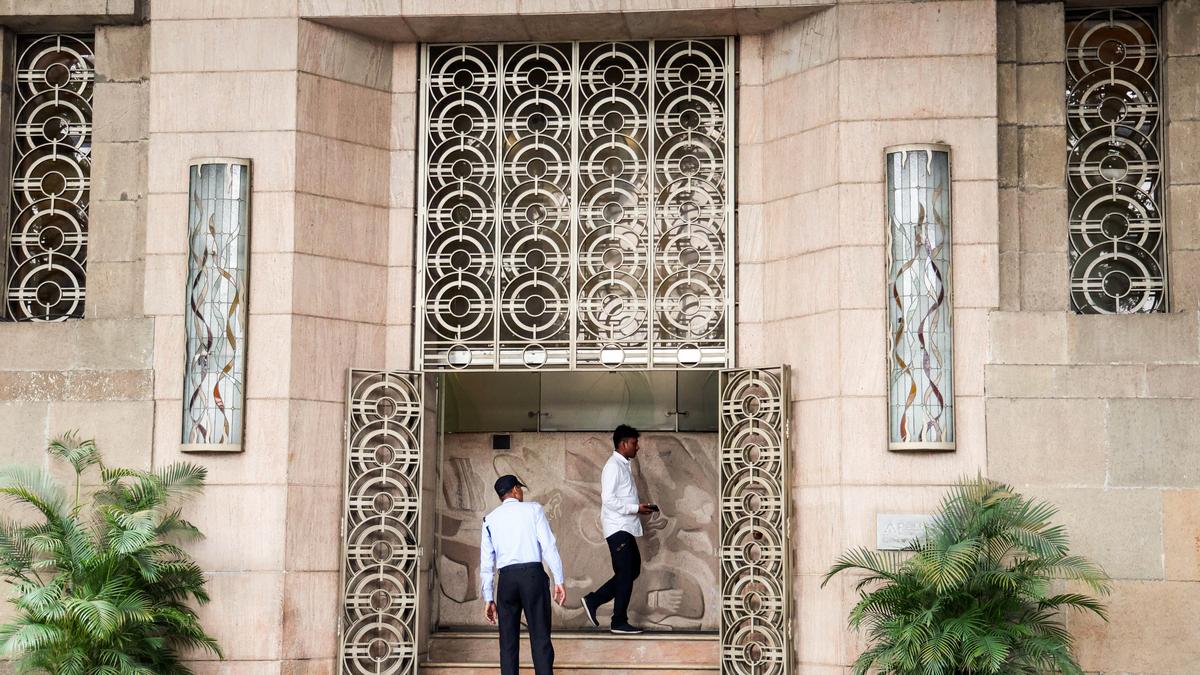Now Reading: ED Raids on Anil Ambani Group Enter Third Day
-
01
ED Raids on Anil Ambani Group Enter Third Day
ED Raids on Anil Ambani Group Enter Third Day

Fast Summary
- ED Raids: Enforcement Directorate (ED) has been conducting searches in connection with allegations of a ₹3,000 crore bank loan fraud involving Anil AmbaniS Reliance Group companies. The raids have been ongoing for three days in Mumbai as July 24, 2025.
- Scope: Over 35 premises linked to 50 companies and 25 individuals, including Reliance Group executives, were covered under the Prevention of Money Laundering Act (PMLA).
- Allegations:
– Diversion of loans worth ₹3,000 crore given by yes Bank to Mr. Ambani’s group between 2017-2019.
– Claims of bribes tied to loan approvals and misuse through shell companies.
– “Gross violations” in Yes Bank’s credit policies such as lack of due diligence and improper documentation were noted.- Undisclosed foreign assets and suspected diversion of public money are also part of the inquiry scope.
- Corporate Response: Reliance Power and Reliance Infrastructure stated that the raids have no impact on their business operations or stakeholders. They denied any financial linkage with entities implicated in older allegations tied to this case.
- Other Investigations:
– SBI classified RCOM as “fraud” and may lodge a CBI complaint.
– Another fraud case involving RCOM and Canara Bank worth over ₹1,050 crore is under scrutiny by ED authorities.
Indian Opinion Analysis
the ongoing ED investigation against Anil Ambani’s Reliance Group underscores India’s heightened focus on addressing alleged corporate financial irregularities amid concerns about governance lapses within major firms. These cases highlight risks in lending transparency among banks like Yes Bank that are suspected to have compromised due diligence processes.
Of significant note is how entities misuse systemic weaknesses for potential large-scale fund diversion schemes-actions which erode public trust in financial institutions. On one hand, the agencies’ persistent attempts signal efforts towards accountability; though, it raises broader questions about systemic oversight failures within banking frameworks during critical periods like these loans (2017-19).
The corporate response-denying linkages to implicated parties-aims at minimizing reputation damages but does little towards clarifying interconnected allegations publicly brought via regulatory bodies or parliamentary disclosures suggesting patterns across firms led by Mr. Ambani historically traced deeper institutional-based fraudulent episodes proxy procedural fallout remains sizeable long-lasting ripples inter-industry finance investments remain heavier-set future trust-linked!

























